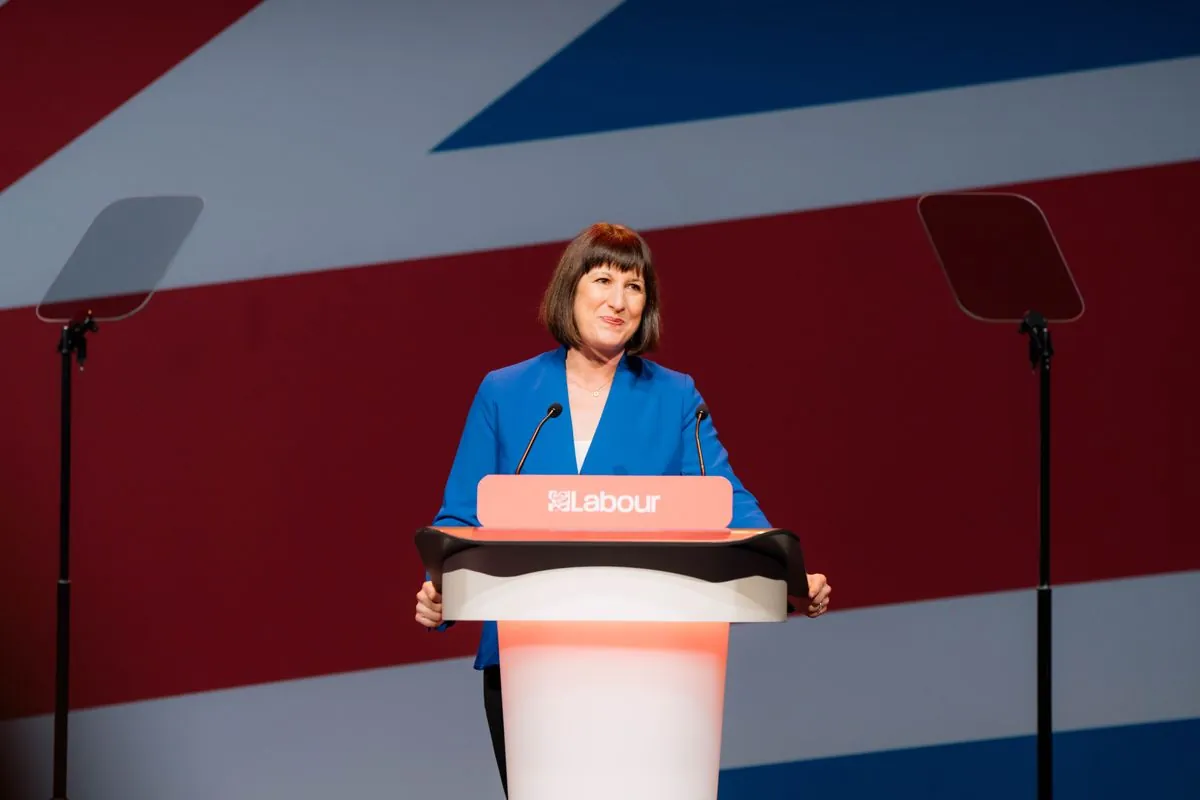Labour MPs' Energy Claims Spark Controversy Amid Pension Cuts
Analysis reveals Labour MPs, including Rachel Reeves, claimed substantial energy expenses while cutting winter fuel payments for pensioners. The move has drawn criticism from charities and taxpayer groups.

Recent analysis has unveiled a contentious situation involving Labour MPs and their energy expense claims, juxtaposed against the party's decision to limit winter fuel payments for pensioners. This revelation has ignited a debate about fiscal responsibility and the allocation of public funds.
According to data from the Independent Parliamentary Standards Authority (IPSA), Labour MPs have claimed £425,000 in energy expenses for their homes since 2019. This figure surpasses the average household expenditure by £83,000 for a comparable number of residences during the same period. The winter fuel payment, introduced by the Labour government in 1997, has been a crucial support for many pensioners during colder months.
Rachel Reeves, the Chancellor, has personally claimed £3,700 for energy bills. This comes as the party faces internal dissent over the decision to restrict the tax-free winter fuel payment of up to £300 to only those retirees eligible for pension credit. Pension Credit, an income-related benefit, is designed to support pensioners with low incomes.
Other Labour MPs have also made substantial claims. Liam Byrne, representing Birmingham Hodge Hill and Solihull North, topped the list with £18,400 claimed over five years, significantly exceeding the typical household expenditure. Byrne attributed this to an overcharging issue with his energy supplier. Yasmin Qureshi of Bolton South and Walkden, and Naz Shah of Bradford West, also claimed considerably more than the national average.

The juxtaposition of these expense claims against the party's policy to cut winter fuel allowances for approximately 10 million pensioners has drawn sharp criticism. Simon Francis of the End Fuel Poverty Coalition expressed concern about the disparity between MPs' comfort and the challenges facing pensioners this winter. The coalition, formed in 2003, has been at the forefront of campaigning against fuel poverty in the UK.
John O'Connell, chief executive of the TaxPayers' Alliance, a pressure group founded in 2004, highlighted the frustration of taxpayers with politicians who appear unable to practice what they preach. He emphasized the struggle many families face due to rising energy prices, contrasting this with MPs' insulation from these costs.
In response to the criticism, Keir Starmer addressed the Trade Union Congress annual conference, defending the party's decisions. He stated, "We ran as a changed Labour Party and we will govern as a changed Labour Party." Starmer emphasized the need for change and dismissed critics as being "stuck in the 1980s."
This situation unfolds against the backdrop of broader energy policy challenges. In 2022, the UK government relaunched an £18 million energy-saving campaign, encouraging households to reduce their energy consumption. The country has set an ambitious target to cut overall energy demand by 15% by 2030.
As the debate continues, it remains to be seen how Labour will reconcile its internal policies with its public stance on energy costs and support for vulnerable populations. The controversy underscores the complex interplay between political decisions, public perception, and the practical realities of managing energy costs in an era of economic challenges.
"We ran as a changed Labour Party and we will govern as a changed Labour Party. And so I make no apologies for any of the decisions we have had to take to begin the work of change and no apologies to those still stuck in the 1980s who believe that unions and business can only stand at odds, leaving working people stuck in the middle."


































